
Welcome to Feng-Lab!
Tingyong Feng (1976-), Doctor, Professor of Southwest University, Doctoral Supervisor, Vice Dean of the Department of Psychology, Director of National Experimental Teaching Demonstration Center of Psychology; Selected as a young talent of the National Major Talent Project (2021), a leading academic and technical leader of Chongqing (2019), and a leading expert of Chongqing Young Expert Studio (2021); Visiting scholar at the University of Pennsylvania, USA, member of Jiu San Society; Expert of the Expert Committee for Student Psychological Health Work of the Ministry of Education (Deputy Group Leader of Southwest Region), Director of Chinese Psychological Society, Deputy Editor-in-Chief of Psychology Science, Editorial Board Member of Progress in Psychological Science, Applied Psychology, Journal of Educational Biology, etc.; Vice Director of Specialty Committee of Emotion and Health Psychology, Chinese Psychological Society, Member of Specialty Committee of Decision Psychology, Chinese Psychological Society, Member of Specialty Committee of Developmental Psychology, Chinese Psychological Society, Director of Specialty Committee of Developmental Psychology, Chongqing Psychological Society, Deputy Director of Specialty Committee of Child Psychology and Behavior Development, Chongqing Maternal and Child Health Society, Seventh Batch of Young and Middle-aged Backbone Teachers in Chongqing Universities, Member of the Second Batch of Social Science Expert Pool in Chongqing (2014), Education and Training Expert of Chongqing Federation of Trade Unions (Psychology, 3 experts, 2015), Initiator of “May 16” Early Childhood Mental Health Day and Early Childhood Mental Care Alliance, Reporter of the Developmental Behavior Section of the 21st, 22nd and 28th National Pediatrics Academic Conference of Chinese Medical Association, Main Architect of “Niu Ting Ting” Children’s Intelligent Enlightenment Education Machine (Ranked First in Smart Early Education Product Sales on the Two Major E-commerce Platforms of JD.com and Tmall in 2020).


About Us
Main research interests of our research group:
(1) Cognitive-neural mechanisms of time cognition and decision-making (procrastination, intertemporal choice, etc.)
- This research focuses on the investigation of procrastination and intertemporal choice, aiming to reveal the cognitive mechanisms and neural basis underlying these behaviors.
- It also seeks to reduce procrastination through behavioral interventions and non-invasive neuromodulation techniques (tDCS).
- The research has made original contributions to the field of procrastination, including the Time-Decision Model (TDM) of procrastination and the Triple-Structure Neural Network Model. These models have gained wide international recognition and laid a theoretical foundation for research in this area.
(2) Child cognitive development and brain plasticity, including typically developing children and children with ADHD and ASD.
- This research investigates the psychological mechanisms and neural basis of core symptoms in children with ADHD and ASD.
- It also focuses on the early identification, intelligent assessment, and personalized intervention (psychological, behavioral, and neuromodulation) for children with ADHD.
- The research team collaborates with several top children’s hospitals in China to develop a diagnostic system for ADHD.
- This system is currently being refined and optimized, and it is expected to be officially launched soon.
(3) The acquisition, consolidation, reconsolidation, extinction, and memory-related cognitive neural mechanisms of fear emotion processing.
Research Team Members

◊ PhD from the University of Texas at Austin, Professor at Southwest University, selected for Chongqing’s Talent Program as a Prominent Young Talent (2022), and a member of the Society for Research in Child Development (SRCD) in the United States.
◊ Entered the youth talent defense stage of the national “WR Plan” in 2023, focusing on the philosophy and social sciences sector.
◊ Has successively presided over multiple national natural and social science funds as well as projects from the Ministry of Science and Technology, including the National Natural Science Foundation of China’s general program and the National Social Science Fund “13th Five-Year Plan” 2020 education science youth topic.
◊ Has published articles in top-tier academic journals such as the Journal of Experimental Psychology: General, Journal of Child Psychology and Psychiatry, and Child Development.
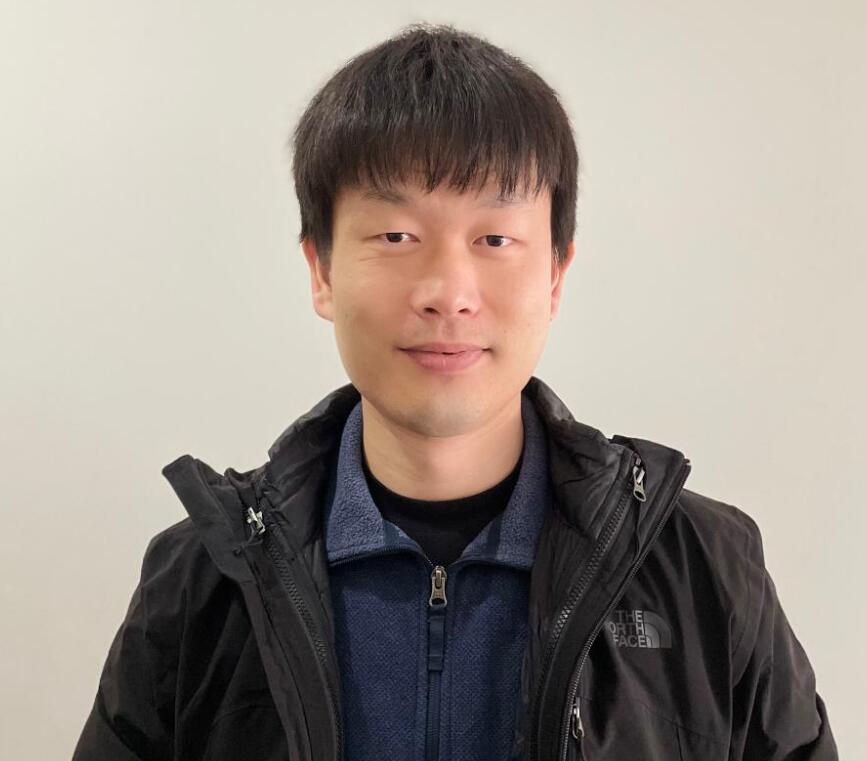
◊ PhD in Biomedical Engineering from the University of Electronic Science and Technology of China, Professor in the Department of Psychology at Southwest University. Selected for Chongqing’s Talent Program as a Prominent Young Talent (2022).
◊ In 2023, entered the youth talent defense stage of the national “WR Plan” in the natural sciences field.
◊ In 2023, received one of the first grants from the National Natural Science Foundation for young scientists.
◊ Has currently published multiple SCI papers as the first author in international top-tier journals such as Nature Communications, Biological Psychiatry, eLife, Human Brain Mapping, and Addiction Biology, and has one book chapter on the neural mechanism of fear, as well as over 30 collaborative papers.
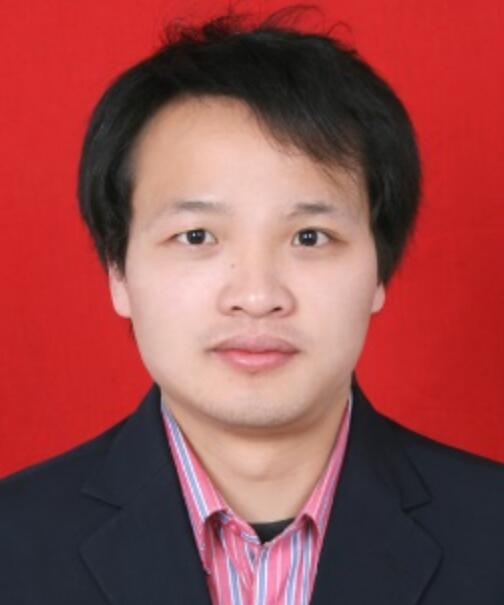
◊ PhD from Southwest University, Associate Professor in the Department of Psychology at Southwest University.
◊ Has successively chaired one National Natural Science Foundation project, one China Postdoctoral Science Foundation project, one Chongqing Postdoctoral Science project, one project funded by the central university scientific research operating costs, and one doctoral startup fund.
◊ As first author or co-first author, has published over ten papers in high-level professional journals including Cerebral Cortex, NeuroImage, Social Cognitive and Affective Neuroscience, Scientific Reports, Brain Research and Science China.
-
Development and Application of an Artificial Intelligence-Based Identification and Assisted Intervention System for Procrastination in Children and Adolescents (Principal Investigator), a key project of technology innovation and application development in Chongqing, with a budget of 1 million yuan, from January 2023 to December 2025.
-
Early Diagnosis, Intervention, and Alert System Establishment for Common Developmental Behavioral Disorders in Children (Sub-project, Principal Investigator), a key R&D project of the Ministry of Science and Technology, with a budget of 800 thousand yuan, from December 2022 to November 2025.
-
Construction of the Chinese School-age Children’s Brain and Cognitive Development Cohort – Southwest University Sub-cohort (Sub-project, Principal Investigator), a major project of the Ministry of Science and Technology, with a budget of 2 million yuan, from July 2022 to December 2026.
-
National Major Talent Engineering Project for Young Talents (Principal Investigator), Southwest University, with a budget of 3 million yuan, from April 2021 to April 2024.
-
Cognitive Intervention and Neural Modulation of Procrastination Behavior (Principal Investigator), a general program of the National Natural Science Foundation of China, with a budget of 540 thousand yuan, from January 2023 to December 2026.
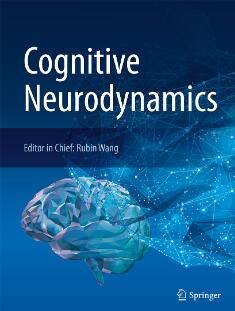
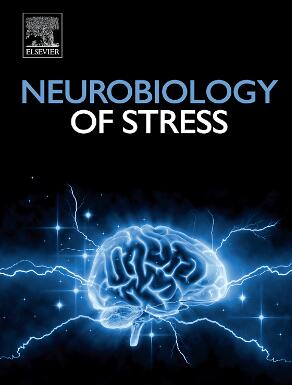

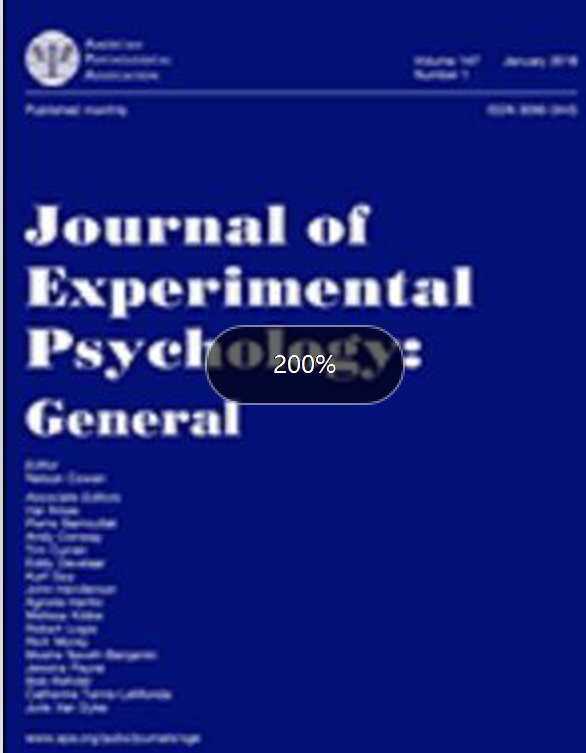
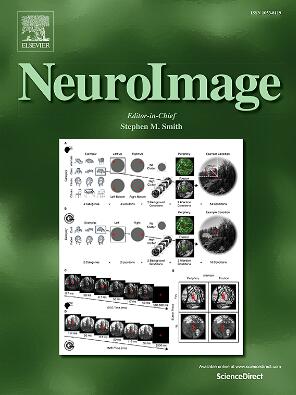

Research Achievements
Research achievements:
As the first or corresponding author, published over 130 research outputs in top international psychology journals such as Journal of Experimental Psychology: General, Cerebral Cortex, Neuroimage, Brain Structure and Function, Human Brain Mapping, Cortex, Social Cognitive and Affective Neuroscience, Neuropsychologia, Biological Psychology, Science China, Chinese Science Bulletin, and Acta Psychologica Sinica (including more than 80 SCI/SSCI papers). Served as chief editor or associate chief editor for six national-level textbooks and works. Related research findings were selected for the Editor’s Choice by the top international journal “Science” and were widely reported by media outlets such as Psychology Today, Xinhua Net, Sina, NetEase, Sohu, The Paper, Chongqing Evening News, etc.
Application of Achievements:
- ADHD Children’s Intelligent Screening and Assessment System;
- ADHD Children’s Assessment and Training System Based on Virtual Reality;
- ADHD Children’s Intervention Scheme Based on Mindfulness Training and Cognitive Behavioral Therapy. The developed systems have been applied in renowned hospitals and teaching institutions such as the affiliated children’s hospital of Chongqing Medical University, and are gradually being promoted nationwide.
- The main architect behind “Niu Ting Ting,” a children’s intelligent early education device (ranked first in sales on the two major e-commerce platforms, JD and Tmall, for intelligent early educational products in 2020).
Research Group Database
Big Data, Big Science!
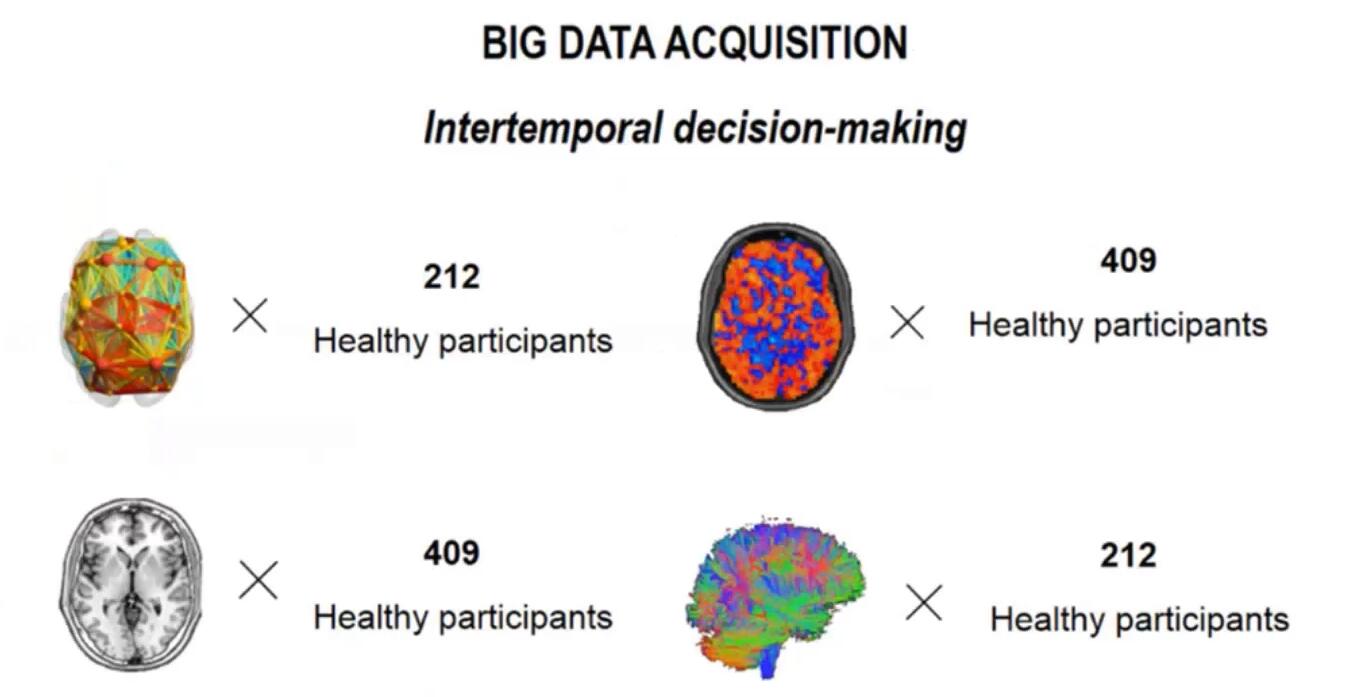
Multimodal Intertemporal Decision-Making Data base
A major multimodal neuroimaging database targeting intertemporal decision-making, which includes task-state data of 212 healthy individuals, structural data of 409 healthy individuals, resting-state functional data of 409 healthy individuals, as well as DTI (Diffusion Tensor Imaging) data of 212 healthy individuals. Additionally, the database contains rich behavioral and questionnaire data.
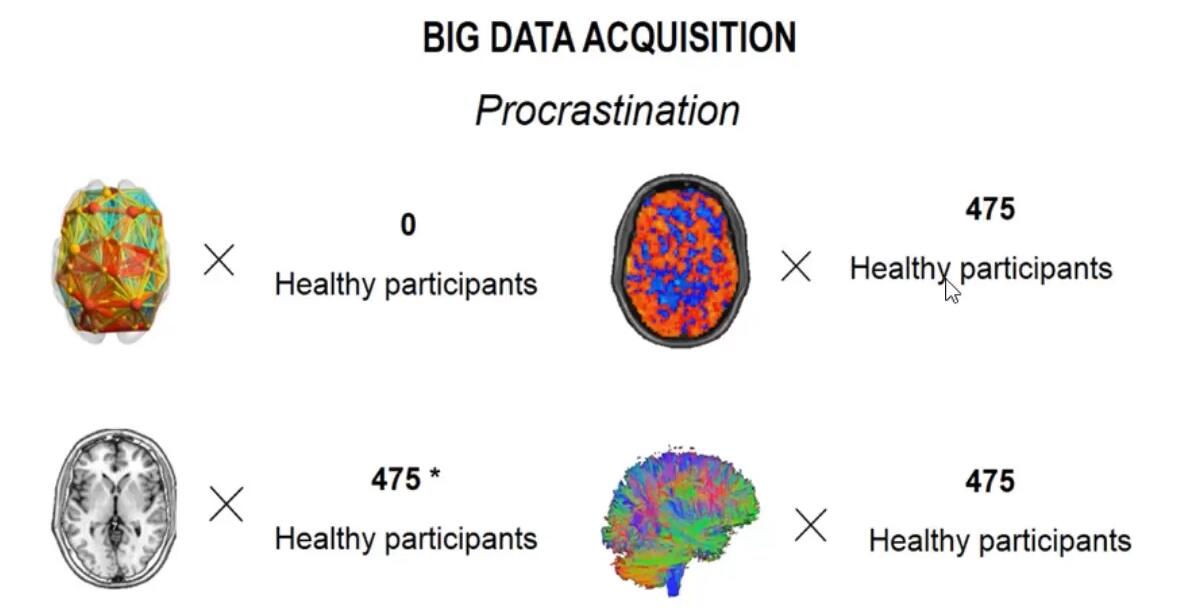
Multimodal Procrastination-1 database
A multimodal neuroimaging database primarily centered on procrastination, including structural data for 475 healthy individuals, resting-state functional data for 475 healthy individuals, and DTI (Diffusion Tensor Imaging) data for 475 healthy individuals. The database is enriched with extensive behavioral data and questionnaire data.
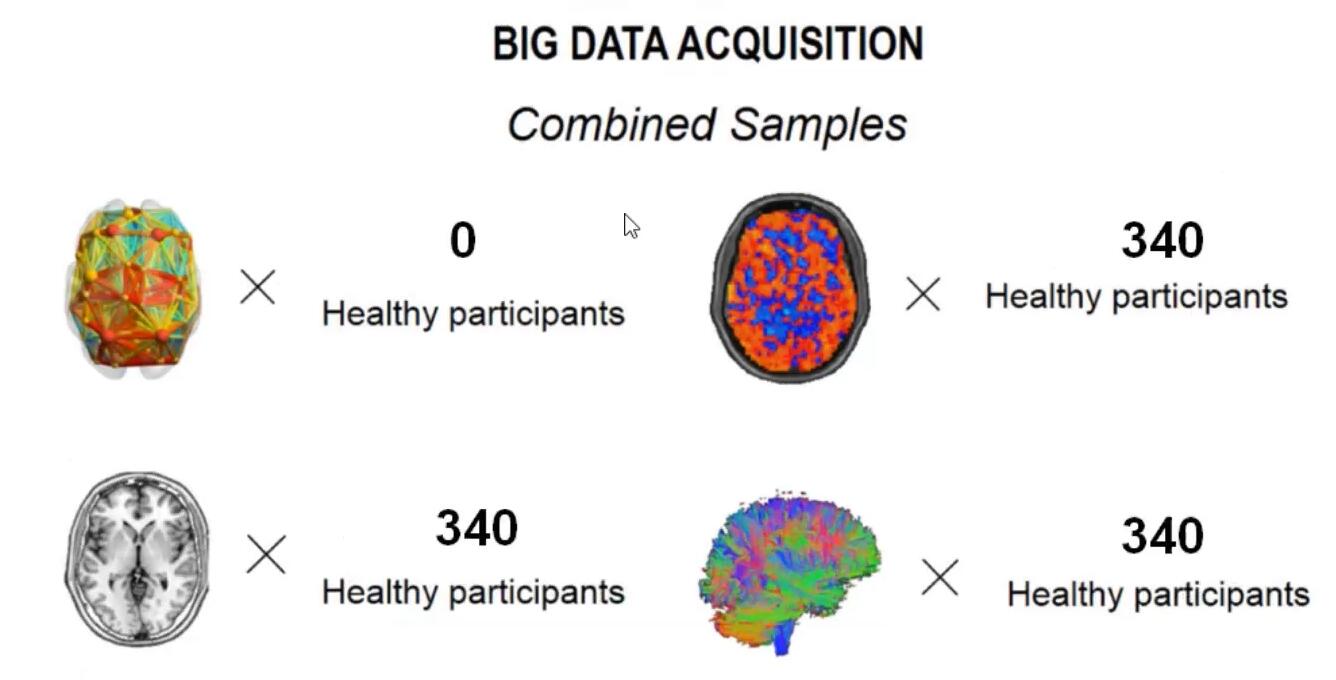
Multimodal Procrastination-2 database
A targeted multimodal neuroimaging database focusing on procrastination, encompassing structural data for 340 healthy individuals, resting-state functional data for 340 healthy individuals, and DTI (Diffusion Tensor Imaging) data for 340 healthy individuals. The database also includes a wealth of behavioral data and questionnaire data.
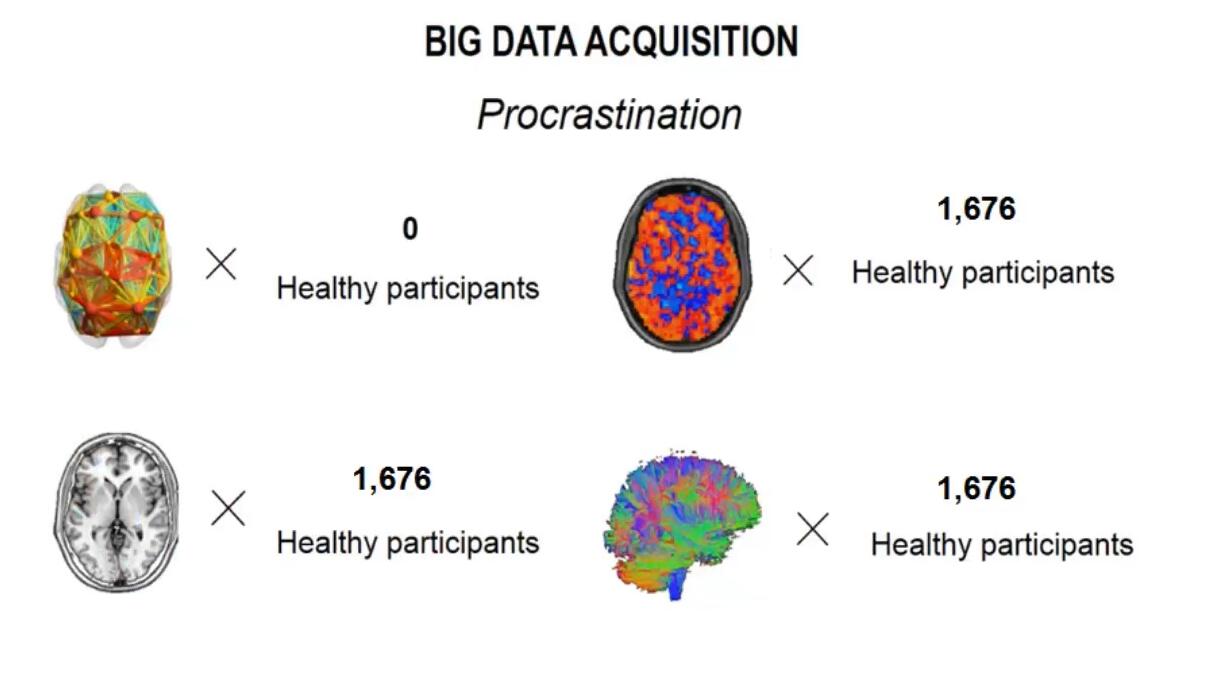
GGBBP Database
A multimodal neuroimaging database that includes variables such as procrastination and decision-making, consisting of structural data for 1676 healthy individuals, resting-state functional data for 1676 healthy individuals, and DTI (Diffusion Tensor Imaging) data for 1676 healthy individuals. In addition to the neuroimaging data, the database contains extensive behavioral data and questionnaire data. It also includes physiological indicators such as electrodermal activity (EDA), heart rate, and multi-omics indicators (such as metagenomics and metabolomics).

Tracking Study of 3-6 Year-Old Children
A 3-year longitudinal study conducted from 2015 to 2018, tracking 129 young children. The main areas investigated include cognitive development, social development, personality traits, physiological factors, and environmental influences.
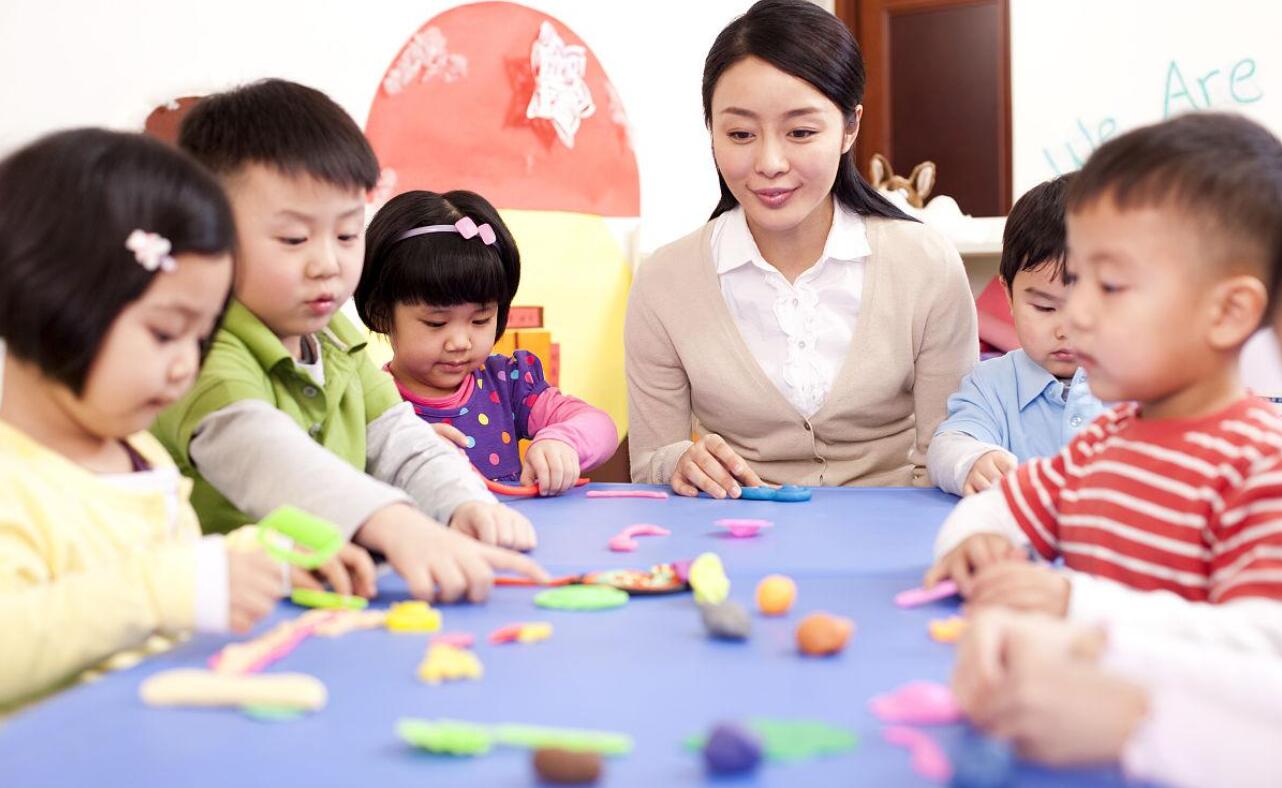
Preschool Education Quality Monitoring
Since 2018, assessments of the learning and development of children in senior, middle, and junior kindergarten classes have been conducted based on the officially issued "Guidelines for Learning and Development of Children Aged 3-6" by the Ministry of Education. The monitoring is carried out in the provinces of Henan, Sichuan, and Chongqing. The sample size for quality outcomes has reached over one million.
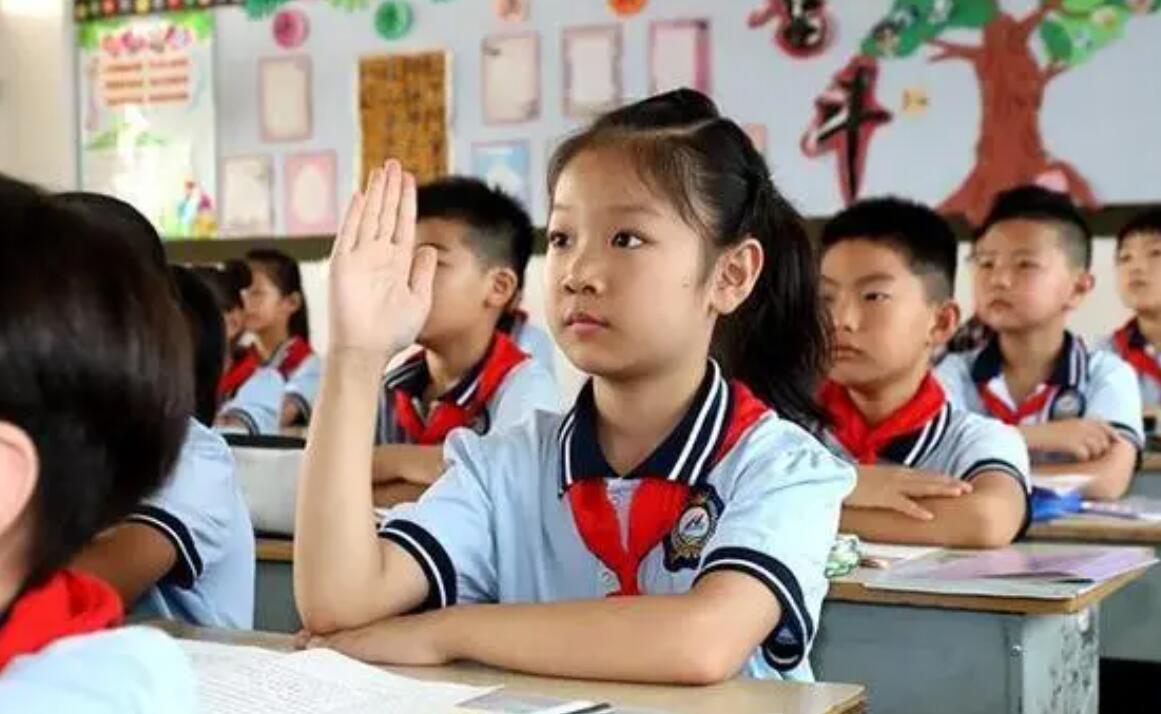
Elementary Student Procrastination Behavior Data
From 2019 to 2020, using a comprehensive sampling method, data was collected on the current status of academic procrastination and its influencing factors from 6312 elementary school students. The study involved 13 primary schools across three provinces: Chongqing, Shandong, and Henan, covering 4 grade levels.

Multimodal ADHD Database in Children
Starting in 2023, in cooperation with Chongqing Children's Hospital, a multimodal ADHD database for children has been established, which includes neuroimaging data (MRI resting-state functional data, structural data, EEG resting-state data, task-state data), as well as extensive behavioral data and questionnaire data. Students who are interested in this field are invited to join in the efforts to further refine and enrich the database!
Technical Methods
A variety of technical approaches enhance our research with multiple perspectives.

fMRI
Siemens Prisma 3.0 Tesla MRI system (Siemens Magnetom Trio TIM, Erlangen, Germany)

EEG
Electroencephalogram (EEG) compatible with MRI, featuring a 64-channel BP EEG recording system.(BrainAmp MR plus, Brain products, Munich, Germany)

Eye Tracker
Tobii T120 eye tracker (Tobii technology,Stockholm,Sweden)and Eyelink 1000 Plus (SR Research Ltd)
© All Rights Reserved.
